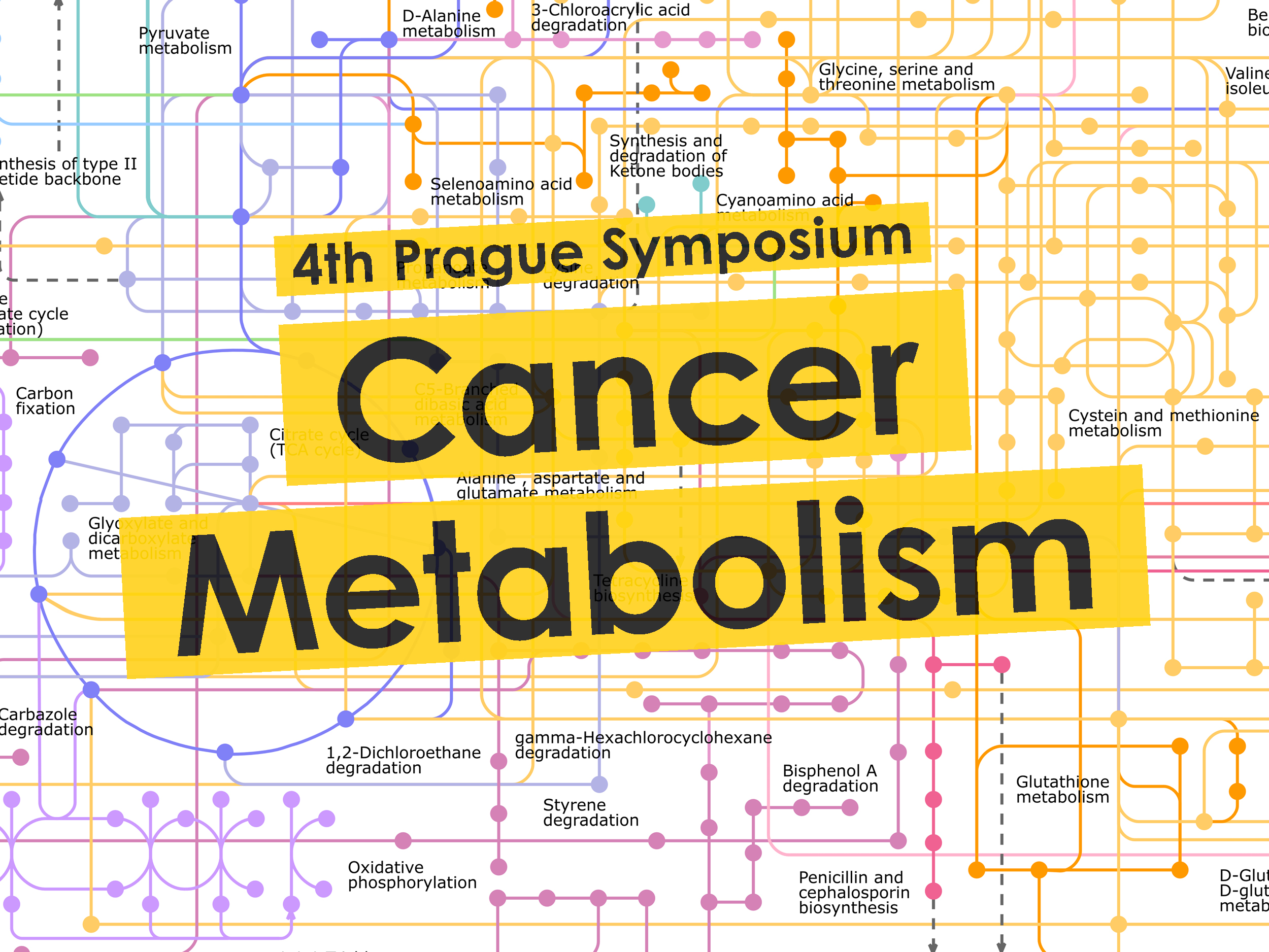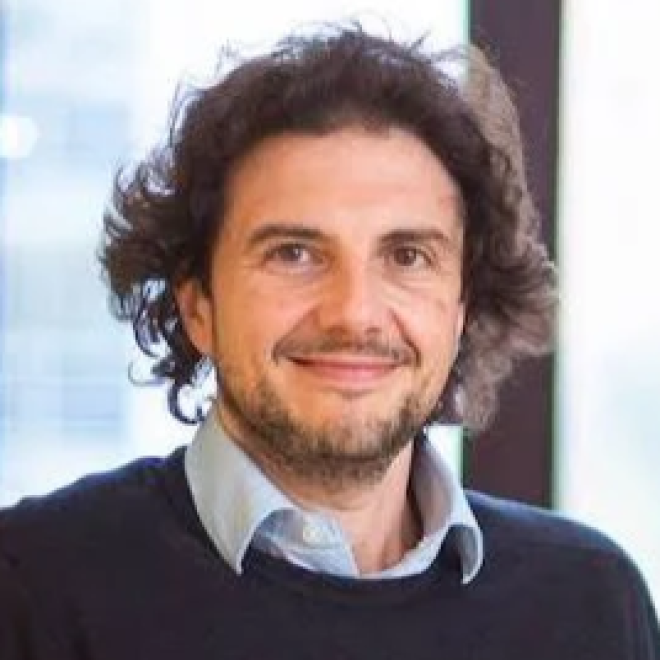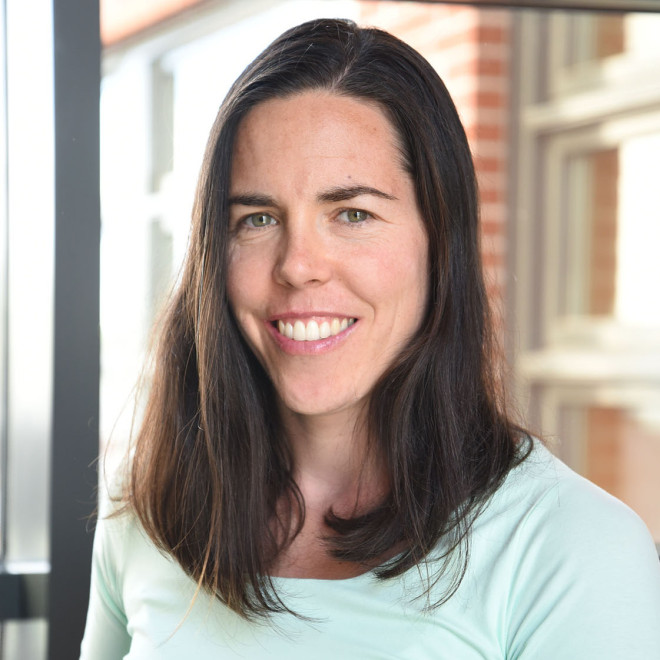14—15 October 2025
Plzeňská Campus, Pelouch Lecture Hall

Prague Symposium on Cancer Metabolism is a leading scientific meeting featuring the latest discoveries in cancer metabolism research. With its limited-attendance format, it offers meaningful scientific exchange between students, researchers, and clinicians interested in this rapidly evolving research field.
Organiser: CLIP – metabolic study group, Second Faculty of Medicine, Charles University
Co-organiser: Institute of Biotechnology, Czech Academy of Sciences
On 16 October, the event will be followed by the Seahorse User meeting at Biocev, organised by Altium International.
Invited speakers
(will be completed)
 David Sabatini
David Sabatini
was born in New York City to Argentine immigrant parents and obtained his bachelor’s degree at Brown University in 1990 and his MD/PhD at the Johns Hopkins School of Medicine in 1997. He completed his thesis work in the lab of Solomon H. Snyder, where he discovered mTOR. Sabatini has received a number of recognitions and has also been active in the clinical translation of his work by co-founding several biotechnology companies in the Boston area. He is currently a Senior Group Leader at IOCB Boston & Prague and was previously at MIT. He studies nutrient sensing and growth control, particularly by the mechanistic Target of Rapamycin (mTOR) pathway. This pathway is the major nutrient-sensitive growth regulator in animals and plays a central role in physiology, metabolism, aging, and cancer. Sabatini discovered the mTOR protein kinase, and most other components of the pathway, including the mTOR-containing complexes mTORC1 and mTORC2, and established them as growth regulators in cells and in vivo. He determined that nutrients signal to mTORC1 through the lysosome-associated Rag GTPases and discovered their many regulators and associated nutrient sensors. In addition to his growth-related work, Sabatini also studies small molecule metabolism and is involved in technology development, such as in generating widely used genome-scale RNAi and CRISPR/Cas9 libraries as well as organellar isolation methods. He published over 300 peer-reviewed impacted publications in the most prestigious journals like Nature, Science, Nature Medicine, Cell, Cell Metabolism, Science Advances, Cancer Discovery, etc.
 Arkaitz Carracedo
Arkaitz Carracedo
Dr. Arkaitz Carracedo received his PhD in Biochemistry and Molecular Biology from the Complutense University of Madrid in 2006. After four years of postdoctoral research at Memorial Sloan-Kettering Cancer Center and Beth Israel Deaconess Medical Center, Harvard Medical School (USA), he established his independent research group at CIC bioGUNE in late 2010, focusing on the unique biological characteristics of cancer cells in vitro and in vivo, with particular emphasis on metabolic alterations. He has been an Ikerbasque Research Professor since 2011 and was appointed Distinguished Scientist at the University of the Basque Country in 2023, where he previously served as Associate Professor since 2012. Dr. Carracedo has made significant contributions to the field of cancer metabolism, with 135 scientific publications and reviews, and through the organization of internationally recognized congresses. His work has been widely recognized with numerous awards and sustained funding from major national and international agencies, including three prestigious ERC grants.
 Kristýna Gloc Pimková
Kristýna Gloc Pimková
RNDr. Kristýna Pimková, Ph.D. (KP), is a group leader of a newly established lab. KP is focusing on the molecular underpinnings of therapeutic resistance to anti-leukemic therapy. She has a long-term interest in the role of redox signalling pathways in normal and malignant blood cell development. She gained her international postdoctoral experience at the Lund Stem Cell Center (SCC) at Lund University in Sweden, where she successfully conducted a project that identified protein redox switches in hematopoietic stem cells during ontogenesis (Redox Biology, 2022). She has also participated in the project that led to significant discoveries in splicing machinery in myelodysplastic syndrome (published in Cell, 2018). KP participates in the Biomedicine PhD program, focusing on Cell Biology and Pathology, as well as Molecular and Cellular Biology, Genetics, and Virology.
 Francesca Matteini
Francesca Matteini
Francesca Matteini is senior postdoc researcher in the team of Dr. Maria Carolina Florian at the Bellvitge Biomedicine Research Institute (IDIBELL) in Barcelona, Spain. She started her career in Italy at university of Florence, and then for her PhD she moved to Sapienza University of Rome (Italy) joining the team of Dr. Rossella Maione. Here, she demonstrated the imprinting independent role of the long non-coding RNA Kcnq1ot1, and the catalytic independent function of the Poly(ADP-ribose)polymerase 1 (PARP1) in the transcriptional regulation of MyoD target genes during skeletal muscle differentiation. In 2019 Francesca joined the team of Dr. Florian at IDIBELL in Barcelona as postdoctoral researcher. Here she investigated the role of the Bone Marrow (BM) microenvironment in Hematopoietic Stem Cell (HSC) aging, contributed to the development of iFAST3D histology, a highly sensitive and 3D quantitative histological approach, and supported the integration of imaging data with deep learning analysis. In detail, she impacted on systemic rejuvenation strategies by showing that aged HSCs rejuvenated with CASIN are sufficient to extend health span and lifespan of the whole organism. Recently, she showed that a Notch trans-activation to cis-inhibition switch underlies HSC aging, demonstrating the crosstalk between BM niche-driven and intrinsic features of HSC aging.